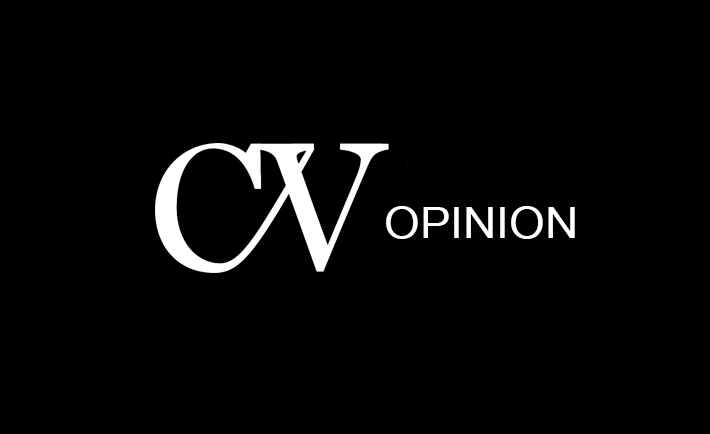
For the last few years, many students have been doing what they can to influence the outcome of the Marriage Equality referendum.
In QSoc, the Trinity LGBT society, we’ve hosted talks, arranged mock marriages, and taken part in the March for Marriage. DCU have done likewise and successfully petitioned for the removal of exams in the afternoon of May 22nd.
Last autumn, Trinity’s Students’ Union ran a voter registration drive which registered over 3,000 students. These campaigns have all been well received, but in Trinity we are blessed to live in a bubble of acceptance and we knew we were preaching to the converted.
So, we wanted to break out of this bubble and have a greater affect on this referendum.
Looking at the polls there is a core 44 per cent that will vote in favour of the Marriage Equality referendum and 22 per cent that will vote against. This leaves a 34 per cent margin of swing voters and this, as you are told if you go to any marriage equality debate, talk, training day etc, is where the referendum will be won – or lost.
At USI Pink Training we were given the campaign slogan of ‘ring your granny’ and in QSoc we tried to think of a way to capitalise on this.
Should we go around at Christmas and offer to put up Christmas lights for older people, run a bingo night or send flowers for Valentine’s Day? We knew we were grasping at straws but our reasoning was that surely there had to be something more that we could do than to just ring our own grannies.
Then the SU President, Domhnal McGlacken-Byrne, came to me with what seemed like an obvious idea – to make a video. In the video he proposed that we get LGBTQ students and allies to ring up their grannies with the purpose of not only asking them to vote yes in the marriage equality referendum, but with the view of engaging them in a conversation about it.
Of course it wouldn’t be simple. What if our grannies simply said ‘yes’, or even worse, ‘no’ and that was the end of every conversation? Not great viewing.
But our greatest problem was volunteers. When we set out looking for students they were somewhat hesitant in their responses.
Understandably people were nervous to call their relatives. What if they fundamentally disagreed with the concept of marriage equality and it was all captured on camera?
Back in January on the day of filming our numbers seemed to dwindle even further; it was the weekend and people couldn’t make it in because they had essays due or work commitments. For some of those that did come in there were issues with relatives on the other line not picking up.
Despite this Samuel Riggs, the Communications Officer, Domhnall, and the camera team waited in good faith and eventually, people came.
After that day of filming I don’t think any of us involved knew what to expect from the video. We certainly never expected the phenomenal response we’ve received.
The video was posted on Sunday March 15th and within less than three days it received over 30,000 views. Of course, view counts look great on paper and sound impressive, but it’s the impact this video has had that’s blown all of us away.
I’ve had people in class, at parties, and just walking past, tell me that they’ve watched the video and that it has actually inspired them to not only call their relatives, but to also talk to their parents about the referendum.
Our success is that we’ve finally evolved out of our Trinity bubble; we’ve succeed in igniting a conversation across Ireland.
For those involved, what this campaign has done is shown just how much Ireland has changed in the last 20 years, and how much support there is to be tapped into. But most of all, what we have learnt is that when it comes to those whom we love the most, maybe we just have to ask.
Muireann Montague

Leave a Reply